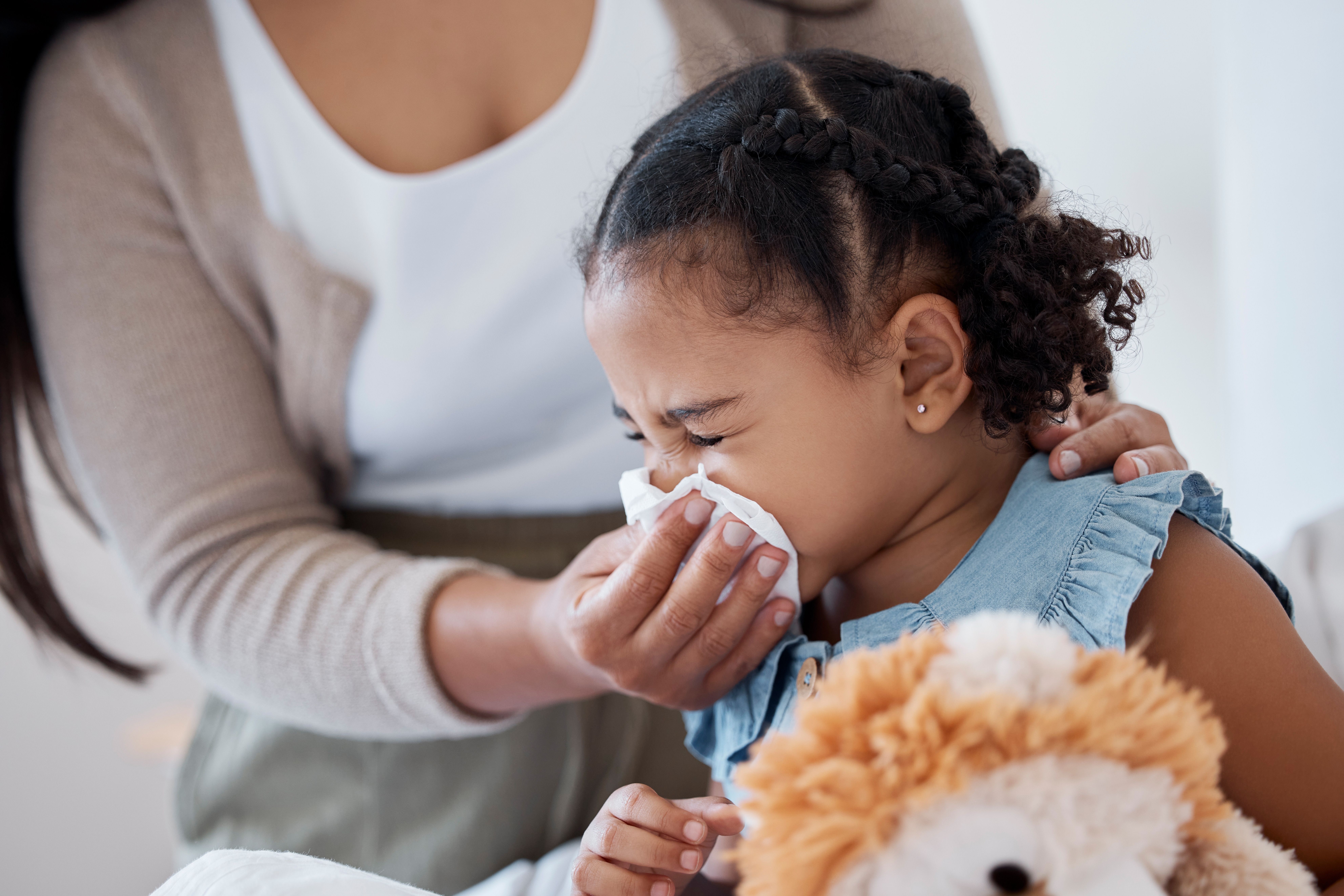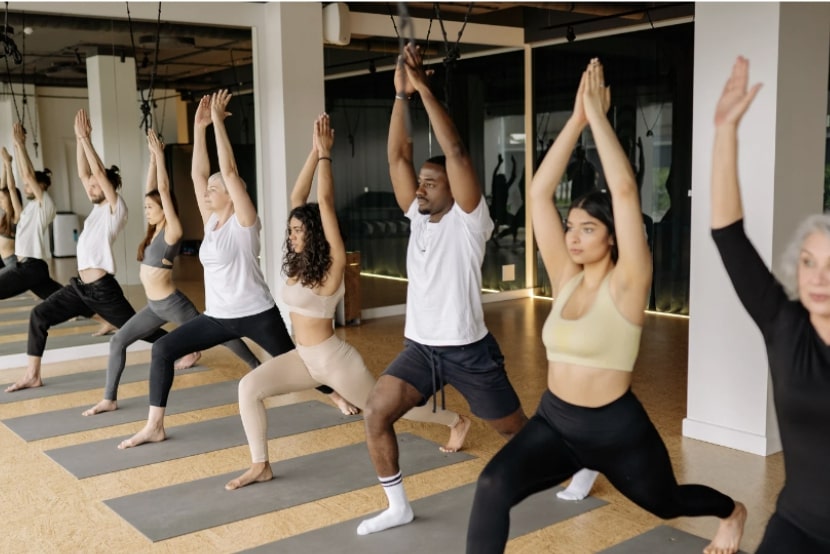In today’s fast-paced world, stress has become an all-too-familiar companion for many of us. Whether it’s work-related pressure, personal challenges or the constant buzz of modern life, stress can take a toll on our physical and mental well-being. In fact, stress can significantly impact the heart causing inflammation, high blood-pressure and more. Fortunately, there are proven methods to manage and reduce stress. In this blog, we’ll explore eight of the most effective stress-relief techniques, all backed by scientific research.
1. Mindfulness Meditation
Mindfulness meditation is a practice that involves cultivating a heightened awareness of the present moment without judgment. It encourages individuals to focus their attention on their breath, bodily sensations, thoughts and emotions, allowing them to observe these aspects of their experience with acceptance and without trying to change them. This ancient practice, rooted in Eastern traditions, has gained significant attention in recent years due to its proven effectiveness in reducing stress and anxiety and improving overall mental well-being. Scientific studies have shown that regular mindfulness meditation can lead to changes in brain structure associated with improved emotional regulation, enhanced concentration and reduced reactivity to stressors. By fostering a state of mindful awareness, individuals can develop a greater sense of inner peace and resilience in the face of life’s challenges.
2. Deep Breathing Exercises for Stress-Relief
Deep breathing exercises are a simple yet powerful technique for relaxation and stress relief. By intentionally slowing and deepening your breath, you can activate the body’s natural relaxation response. This involves stimulating the parasympathetic nervous system, which counteracts the “fight or flight” response often associated with stress. When you take slow, deep breaths, your heart rate decreases, blood pressure lowers and muscle tension diminishes. Deep breathing also enhances the oxygen exchange in your body, leading to increased feelings of calm and clarity. It’s a readily accessible tool that can be practiced anywhere, making it a valuable addition to your stress management toolkit. Just a few minutes of deep breathing can help you regain a sense of control and composure in the midst of life’s daily stressors.
3. Physical Activity
Engaging in regular physical activity is a proven and powerful way to combat stress and promote overall well-being. When we exercise, our bodies release endorphins, which are natural mood elevators that can counteract stress hormones. Beyond the immediate mood boost, physical activity offers long-term benefits in stress management. It helps us sleep better, which in turn enhances our ability to cope with stress. Exercise also provides an opportunity to disconnect from the sources of stress, offering a mental break and fostering relaxation. Whether it’s a brisk walk, a yoga session, a run or any form of physical activity that you enjoy, incorporating movement into your daily routine can significantly reduce stress levels and contribute to a healthier, happier life.
4. Progressive Muscle Relaxation
Progressive Muscle Relaxation (PMR) is a relaxation technique that involves systematically tensing and then relaxing different muscle groups in the body. By deliberately inducing physical tension and then releasing it, individuals can achieve a deep sense of relaxation and reduce both physical and mental stress. PMR is often used as a mindfulness exercise, as it encourages individuals to become more aware of bodily sensations and the difference between tension and relaxation. Regular practice of PMR has been found to alleviate muscle tension, reduce anxiety and promote a state of calm. It’s particularly effective for individuals who carry physical stress in their bodies, such as muscle tightness in the neck, shoulders or jaw. PMR can be a valuable tool for managing stress, promoting relaxation and improving overall well-being.
5. Yoga for Stress Relief
Yoga is a holistic practice that combines physical postures, controlled breathing, meditation and mindfulness to promote physical, mental and emotional well-being. Originating in ancient India, yoga has evolved into various styles and forms, each offering unique benefits. Regular yoga practice is known to enhance flexibility, strength and balance, but it goes beyond physical fitness. It encourages individuals to connect with their breath and cultivate a mindful awareness of the present moment. Scientific research has shown that yoga can reduce stress, anxiety and depression, while improving mood and overall mental health. It also aids in enhancing relaxation and sleep quality, making it an effective tool for managing the rigors of modern life. With its emphasis on self-care, inner peace and holistic wellness, yoga has become a popular practice worldwide for promoting physical and mental health.
6. Aromatherapy
Aromatherapy is a holistic healing practice that utilizes the natural scents of essential oils to promote physical, emotional and mental well-being. These concentrated plant extracts are derived from various sources, such as flowers, herbs and fruits, and are used in a variety of ways, including inhalation, massage or added to baths. Aromatherapy is based on the idea that these aromatic compounds can stimulate the olfactory system and influence the brain’s limbic system, which plays a key role in emotions and memory. Different essential oils are believed to have specific therapeutic properties, such as lavender for relaxation, eucalyptus for respiratory health or citrus scents for mood upliftment. Scientific research has shown that aromatherapy can reduce stress, anxiety and even improve sleep quality. Whether used in spa treatments or at home, aromatherapy offers a natural and pleasant way to enhance one’s physical and emotional well-being.
7. Social Connection
Social connection is a fundamental aspect of human well-being and plays a crucial role in our emotional and mental health. It encompasses our relationships with family, friends and the broader community. When we engage in meaningful social interactions, we experience a sense of belonging, support and emotional connection that can have profound effects on our overall happiness and resilience. Scientific studies have consistently shown that strong social connections are associated with lower levels of stress, depression and anxiety. Additionally, social support systems provide a safety net during challenging times, offering practical help and emotional comfort. Nurturing social connections can lead to improved self-esteem, increased feelings of happiness and a greater sense of purpose in life. Whether through spending time with loved ones, joining social groups or participating in community activities, fostering social connections is a powerful way to promote emotional well-being and build a support network that can help us navigate life’s ups and downs.
8. Journaling for Stress-Relief
Journaling is a therapeutic practice that involves the regular and intentional act of writing down thoughts, feelings and experiences. It serves as a safe and private space for self-expression and reflection. Whether in the form of a daily diary, gratitude journal or freestyle writing, journaling offers numerous benefits for mental and emotional well-being. It provides an outlet to process emotions, gain clarity on complex issues and reduce stress. Scientific research has shown that regular journaling can help individuals cope with stress, reduce symptoms of anxiety and depression, and improve overall psychological well-being. By putting thoughts on paper, people can better understand themselves, identify patterns in their emotions and behaviors and find solutions to life’s challenges. Journaling is a valuable tool for self-discovery, self-compassion and personal growth, empowering individuals to navigate life’s journey with greater resilience and insight.
Stress is a natural part of life, but chronic stress can have detrimental effects on our health. By incorporating these evidence-based stress-relief techniques into your daily routine, you can take control of your stress levels and enjoy a more balanced and peaceful life. Remember that finding the right combination of techniques that works for you may take time, so be patient with yourself as you explore these stress-relief strategies. Southwoods encourages everyone to implement find an activity you enjoy and make it part of your regular routine. Any of these stress-relief techniques can help you unwind and become an important part of your approach to relaxing, reducing tension and easing stress.




